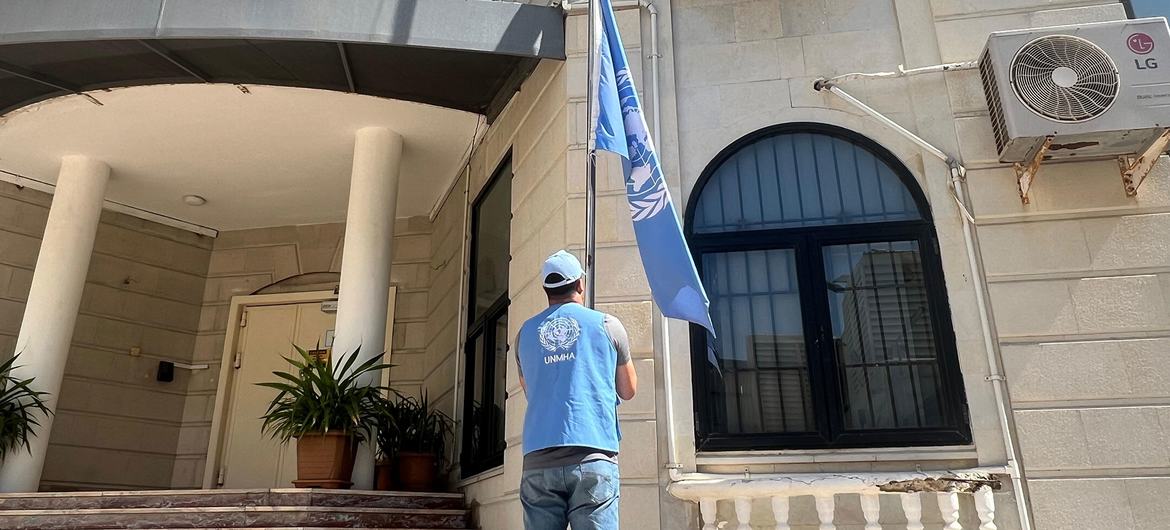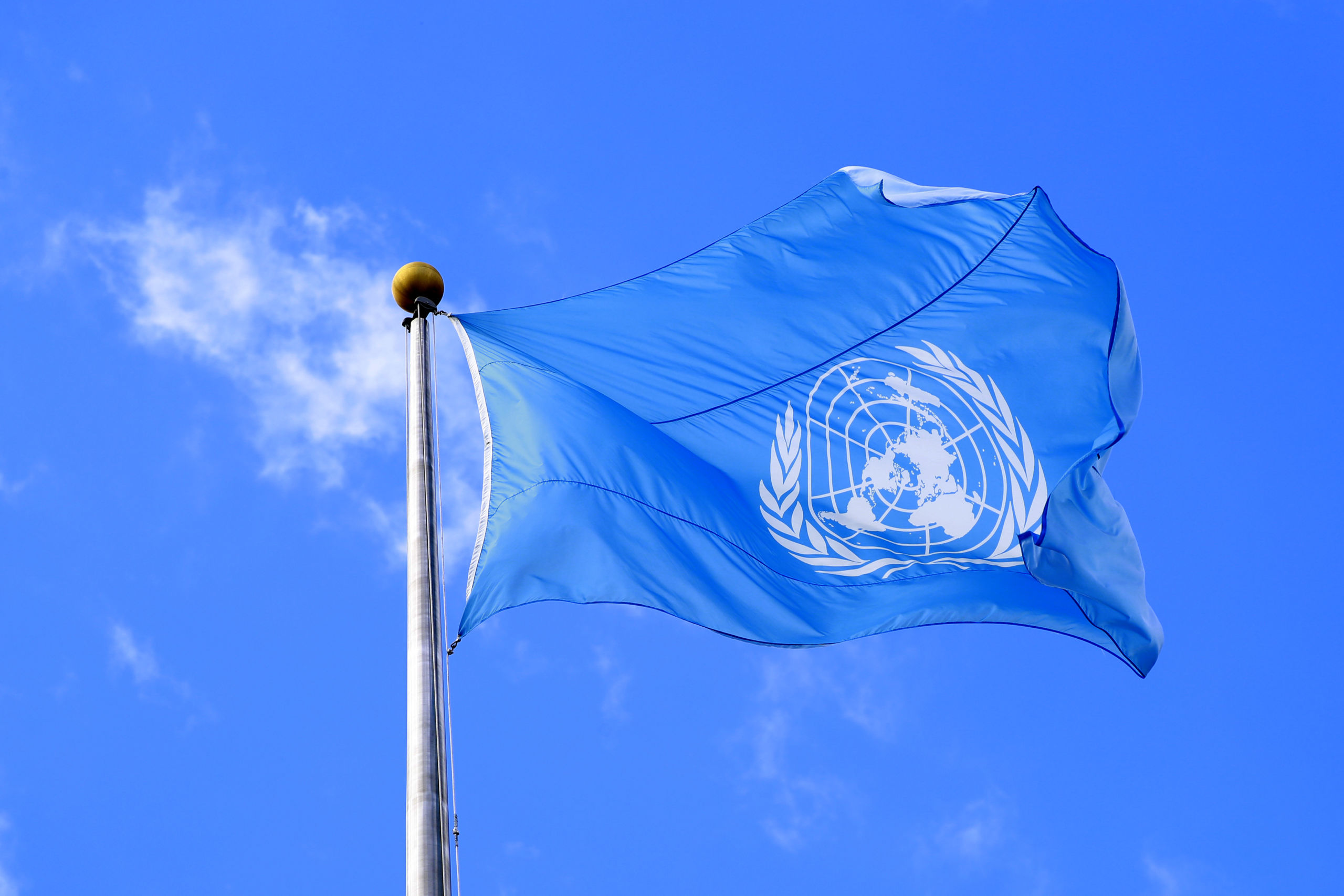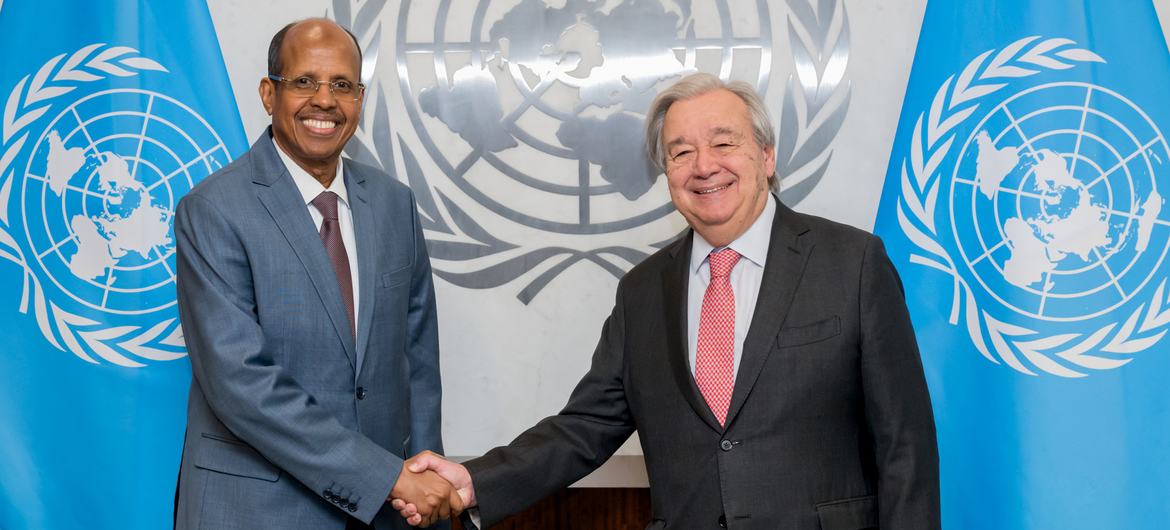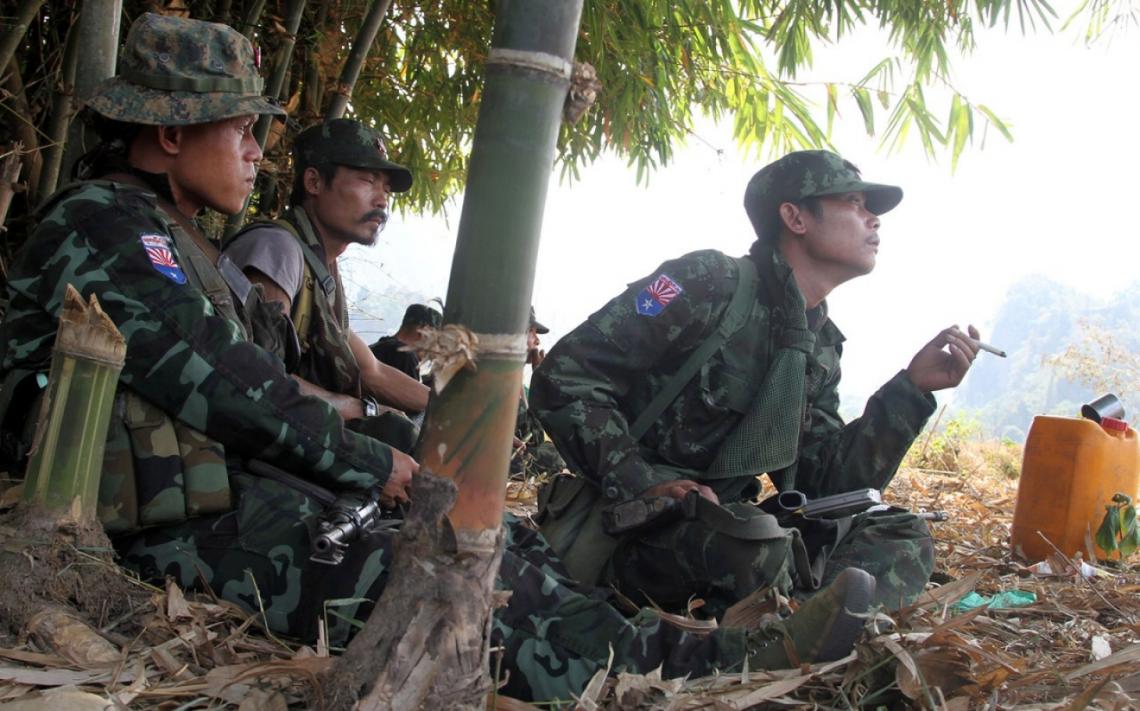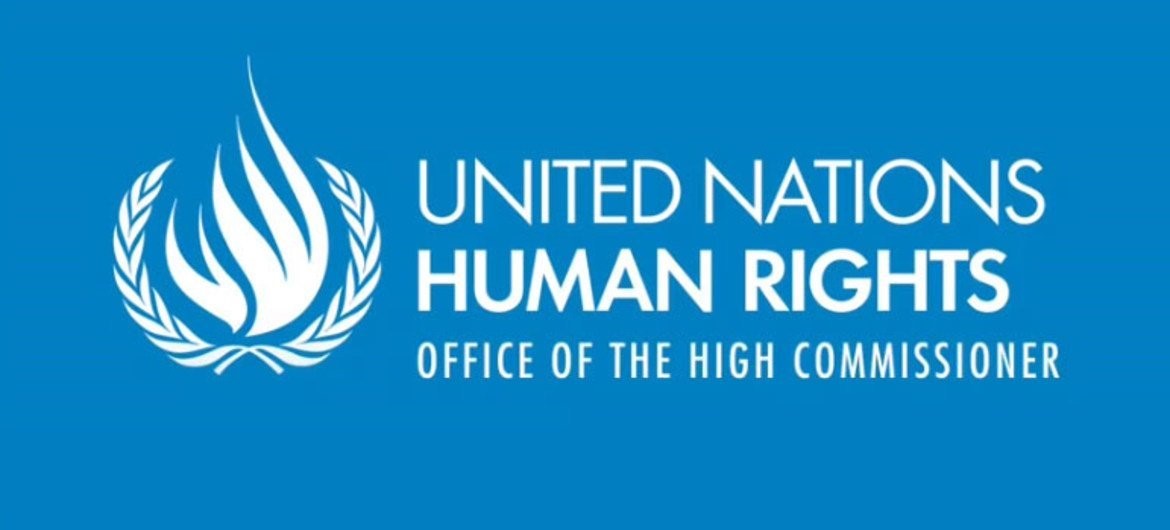ICRC Survey: Electricity crisis in Gaza takes toll on Gazans

Gaza, 15 May 2021
On Monday the International Committee for the Red Cross (ICRC) released a survey on the electricity crisis in Gaza which shows the heavy toll of chronic power shortages in the Gaza Strip.
The study finds that the hostilities in May damaged infrastructure and caused massive supply shortages.
Speaking to Al Jazeera Christoph Hanger, a spokesperson for the ICRC said: ‘The recent hostilities made matters worse, as the disruption of the power infrastructure affected more than 700,000 people in Gaza and has further damaged an already fragile water, wastewater and electricity network system. Key infrastructure services remain breakable and the latest escalation further exacerbated the fragility of those vital infrastructure.’
The study further showed that 94% of Gazans reported that their mental health was being affected by the ongoing and prolonged electricity shortages.
Survey
The ICRC interviewed 347 people in the five governates of Gaza between September and November 2020. 86.2% of the sample indicated that they received electricity for 6 – 8 hours a day on average during the year.
Gaza relies on Israel for of its electricity supply as well as on Egypt. According to the UN Office for the Coordination of Humanitarian Affairs (OCHA), the demand for electricity in the Gaza Strip is estimated at 470 megawatts, of which approximately 45% are currently being met. All areas in the Gaza Strip suffer from scheduled electricity outages of 12-18 hours a day, while densely populated areas are most affected.
The survey also considered the extent to which Gazans rely on alternative energy sources. The residents of the northern Gaza governorate rely more on a network of generators and a battery as an alternative energy source, followed by the governorates of Khan Younis and Rafah in the same proportion, then the middle governorate and finally Gaza governorate.
About a quarter of citizens have no access to an alternative energy source because they are unable to pay for additional energy.
Dignity
Reem Othman, a Gazan who works for an international organisation, says the electricity shortage impacts on her dignity. She said to Al Jazeera: ‘I need electricity to study, to teach my children, to arrange my house work. The electricity situation also affects people with special needs. Patients with hypertension and heart disease have fans in their houses and some of them have AC but they cannot turn on the electricity or AC because of the electricity shortages.’
Hanger says: ‘The international Community is invited to recognize the problem and push for a political solution. What we see are consequences of decades of conflict that has caused pain and suffering for the population in Gaza. Stable electricity would represent a glimmer of hope that people in Gaza desperately need.’


